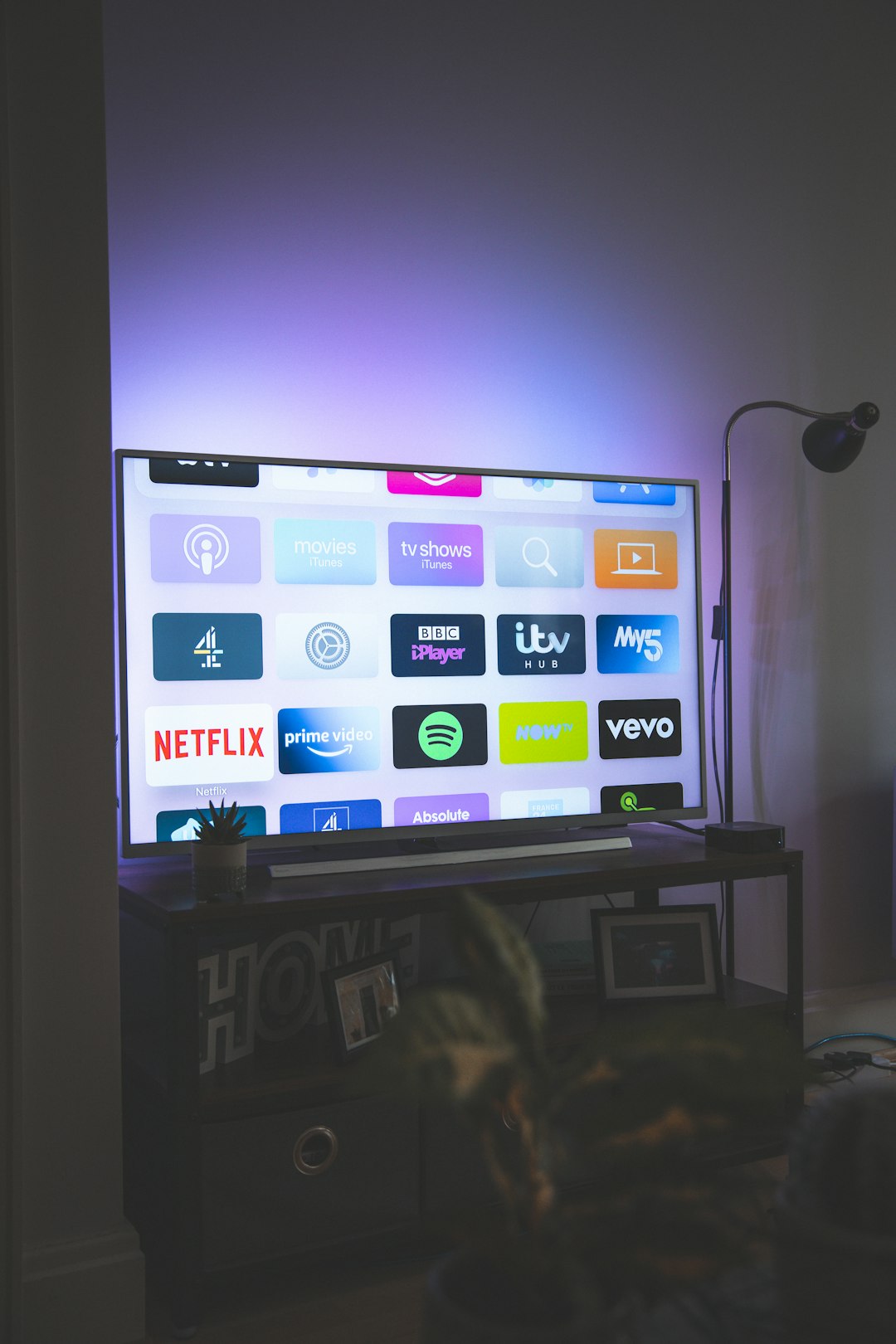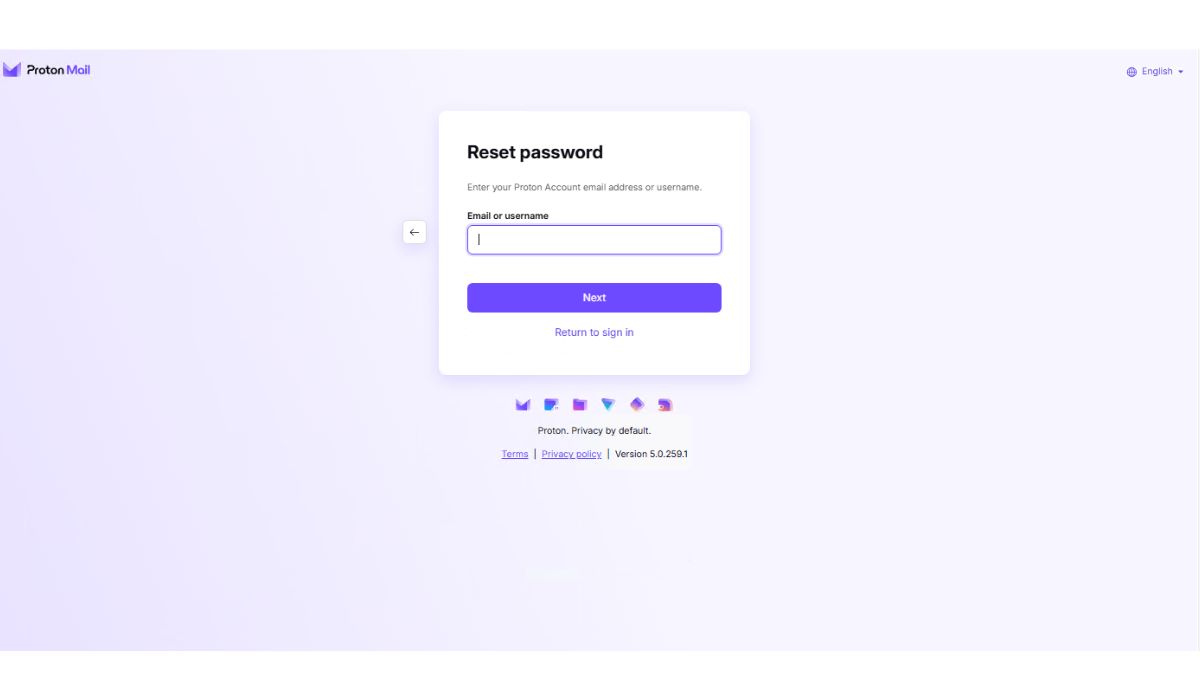Tax professionals are no strangers to information overload. From complex IRS codes to ever-changing state regulations, the world of tax law requires constant vigilance and long hours of research. In 2025, however, accountants are discovering a powerful new ally in their toolkit: ChatGPT. Powered by cutting-edge artificial intelligence, ChatGPT has evolved into a robust resource for real-time tax research, client interaction, and workflow optimization.
What is ChatGPT and Why Should Accountants Care?
ChatGPT is an AI language model developed by OpenAI. It has access to a vast landscape of data and can understand context, answer questions, and even assist in writing and reviewing content. While earlier generations of AI chatbots were limited by pre-programmed responses, ChatGPT uses advanced natural language processing (NLP) to provide thoughtful and relevant responses specific to tax scenarios.
The 2025 iteration of ChatGPT has been fine-tuned specifically for professionals in accounting, with models including large volumes of tax-related texts, legislation updates, and IRS documentation. It’s not just a fancy calculator — it’s a research assistant that understands your queries and offers insights in seconds.

Top Use Cases for ChatGPT in Tax Research
- Quick Statutory Lookups: Instead of manually browsing lengthy publications, accountants can ask ChatGPT for specific IRS code sections and get summarized, plain-English explanations.
- State-Specific Tax Questions: ChatGPT can compare differing tax rules across states, saving time on cross-jurisdictional research.
- Client Communication: Generate draft responses to client questions or create tax memos tailored to individual situations.
- Regulation Monitoring: Stay updated with frequent changes to tax law, including federal relief packages or state legislative sessions.
- Scenario Analysis: Input multiple tax variables to evaluate how different strategies could affect liability.
Example: Ask, “What are the current 2025 thresholds for the Earned Income Tax Credit (EITC)?” or “How does the treatment of cryptocurrency gains differ between California and Texas?” and get direct, human-readable summaries.
Benefits Over Traditional Research Methods
Accountants traditionally rely on keyword searches, PDFs, and printed guides to navigate the tax code. While these tools remain essential, ChatGPT offers distinct advantages:
- Speed: No more digging through 100-page guidance documents.
- Contextualization: Answers are tailored to the question’s context and often come with cited sources.
- 24/7 Availability: Research assistance anytime, even outside of business hours.
- Integration Potential: ChatGPT can be integrated into tax software platforms for seamless workflow use.
Caveats and Responsible Use
Despite its sophistication, ChatGPT isn’t a licensed professional — and it’s essential to treat its output accordingly. The model may make mistakes or fail to pick up on subtle nuances in tax law. As such, accountants should:
- Verify answers through authoritative sources like the IRS website or Thomson Reuters Checkpoint.
- Use ChatGPT as a supplement, not a replacement, for professional judgment.
- Be cautious with client data — avoid inputting private or sensitive information into public AI platforms.

Best Practices for Accountants Using ChatGPT in 2025
1. Be Specific With Prompts: Instead of saying “tax deductions,” try “What are deductible business expenses for a sole proprietor under 2025 IRS rules?” The more detailed your question, the better the response.
2. Cross-Check Results: Bookmark trusted external sources and fact-check any complex tax rulings or legislative interpretations suggested by ChatGPT.
3. Maintain Client Trust: Be transparent with clients about the use of AI assistance and reassure them that human oversight remains at the center of your services.
4. Train Your Team: Host internal sessions for junior staff on prompt writing and ethical AI adoption to ensure consistency in research quality.
The Future of Tax Research with ChatGPT
The rise of AI in tax research represents a paradigm shift. Rather than trying to replace accountants, tools like ChatGPT are here to enhance their capabilities, reduce burnout, and expand access to immediate, intelligent information. As the technology continues to evolve, we can expect even tighter integrations with CRMs, tax filing software, and audit systems.
By adopting ChatGPT into their research workflow today, forward-thinking accountants are future-proofing their practice and leveraging the most advanced tools available in 2025. Whether you’re a solo practitioner or part of a national firm, embracing AI is no longer optional — it’s a competitive advantage.
